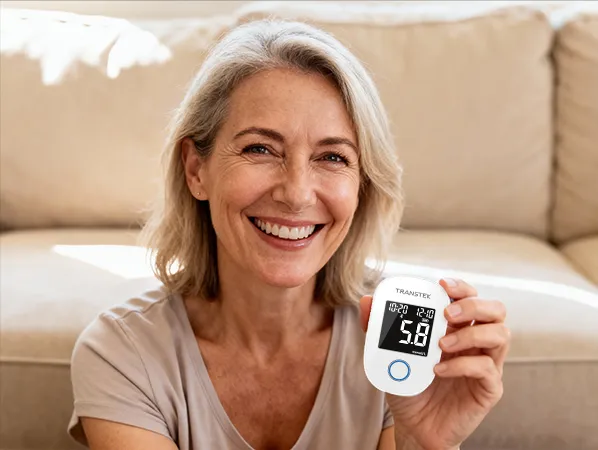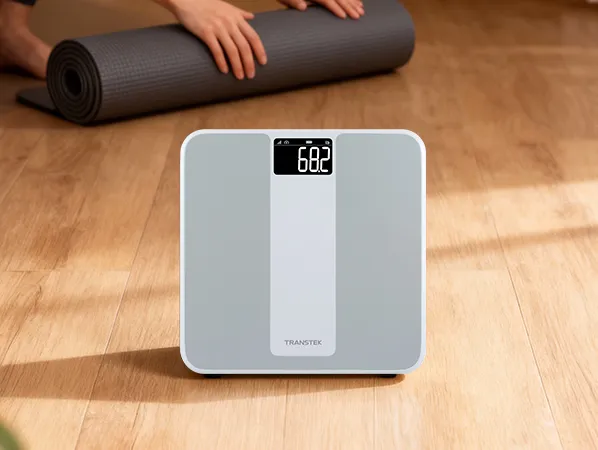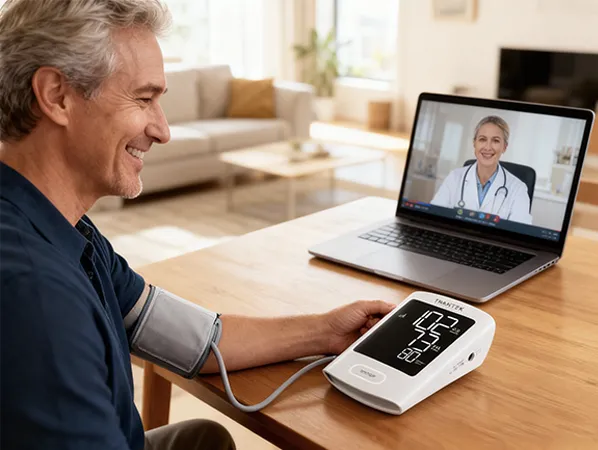
Over the years, the forecast of the global health wearable technology market has shown significant growth. The forecast in mid-2019 showed that by 2026, the market value would reach $139.4 billion, higher than the $24.6 billion in 2018. Clinical research is now undergoing a paradigm shift because this consumer driven growth in mobile health (mHealth) provides a means to continue operating within budget and logistical constraints. As clinical research becomes more decentralized and the interaction between trial managers and participants decreases, technologies such as health wearables and remote sample collection become increasingly valuable for the completion of the trial.
Health wearables for consumers include smartphone applications, chest bands, smart sports watch, pasters and other monitoring sensors that can be worn on the body, such as pulse oximeters. These products use smart or GPS technology to track users' physical activities and measure basic health data such as heart rate, respiratory rate, oxygen saturation and body posture. For example, in a clinical case, after patients with eczema are sent home, the frequency of scratching during their sleep is measured using a tracker of health wearing technology, rather than monitoring them in a sleep clinic.
The integration of health wearables and smartphones provides more capabilities for remote real-time collection and storage of health data. As long as someone is operating or wearing the device, data can be continuously collected to provide larger samples without clinical access. This kind of remote monitoring improves the speed and efficiency of data collection and helps to monitor the test participants off-site.
When the results of all health wearing technologies are combined, these samples can also have a more comprehensive understanding of a person's health and performance than single point data, which is possible to provide researchers with more accurate information in a shorter time. In addition, they can improve patient recruitment and trial retention by minimizing the need for patients to manually collect data or conduct clinical site visits.
More pharmaceutical and biotechnology sponsors are already using health wearables to realize potential benefits. By 2019, about 1400 clinical trials have been conducted with wearable devices. As the healthcare industry increasingly conducts trials in a virtual way and collects data remotely to cope with covid-19, the number may keep increasing.
Through remote monitoring, good management of clinical trial logistics is very important for the success of the trial. Clinical service providers like Transtek will increasingly need to help researchers improve efficiency and productivity throughout the trial life cycle through multiple supply chains. If logistical considerations are properly managed by partners who can meet these challenges, current and future clinical research will be able to benefit from these new technological innovations.
+86-0760-85707780







